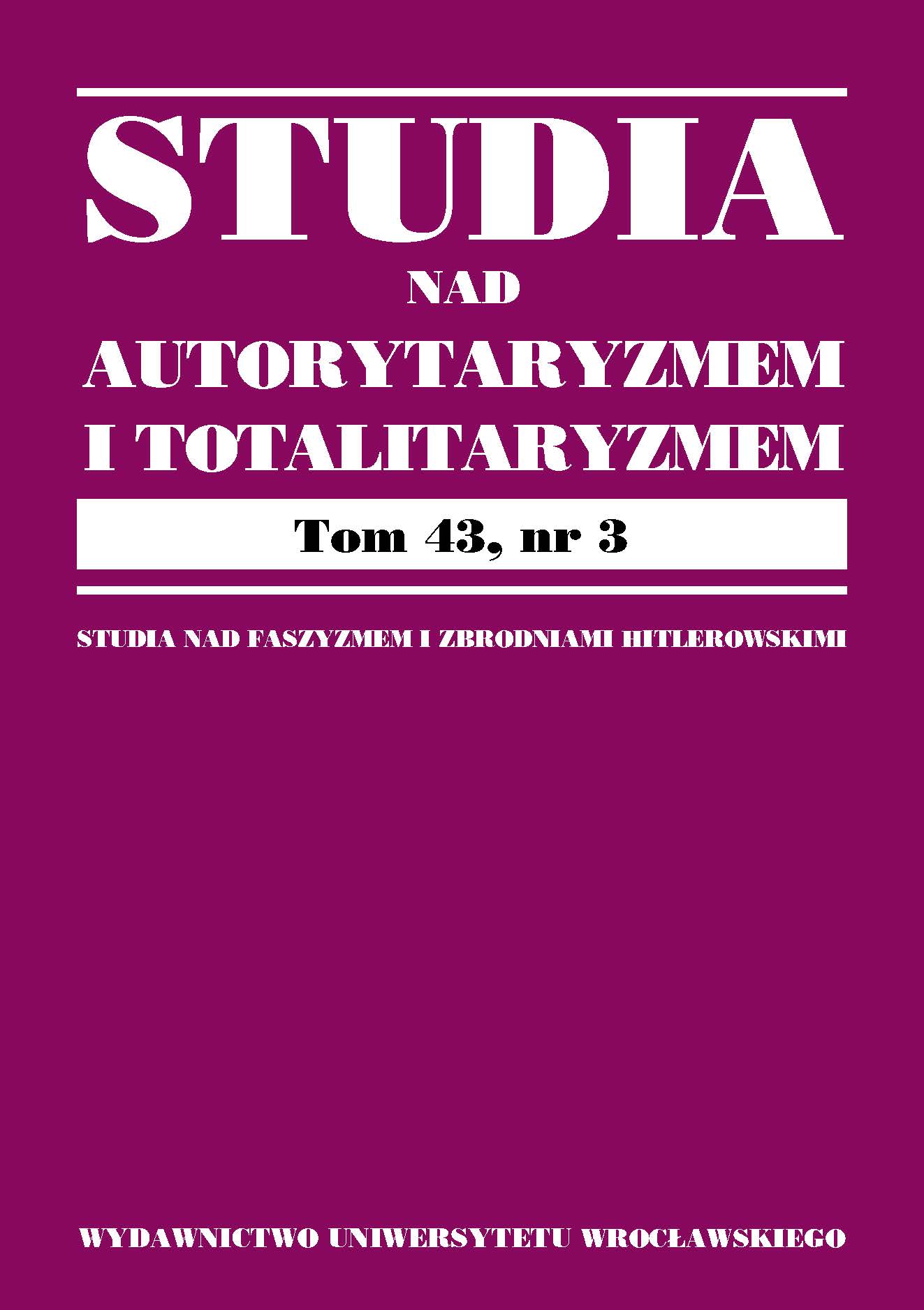

Artykuły

The much-publicised and rather unfortunate amendment of 2018 to the Act on the Institute of National Remembrance introduced not only the controversial and subsequently repealed penal provisions, but also the provisions on “Protection of the good name of the Republic of Poland and the Polish Nation”. According to these, protecting the good name of the Republic of Poland and the Polish Nation is subject to the provisions of the Civil Code. The intention of the lawmakers was to prevent the dissemination in public discourse of the false expression “Polish death camps” and similar expressions sometimes used to refer to Nazi German extermination camps located in the occupied territory of Poland. The provision mandating the application of the provisions of the Civil Code on personal rights to the protection of the state and nation’s good name may serve the intended purpose. However, its application may also be much broader, due to the vagueness of the wording used (“good name of the state and nation”) and the powerful protection afforded to personal rights in the Civil Code.
The author discusses which provisions of the Civil Code can and which cannot be applied in this case. He also draws attention to the inadequacy of private law tools to protect public interests. He calls for a restrictive interpretation of the provision and recognizing a wide range of circumstances excluding the unlawfulness of an infringement in order to protect constitutional values such as freedom of expression, artistic creation, or scientific research.